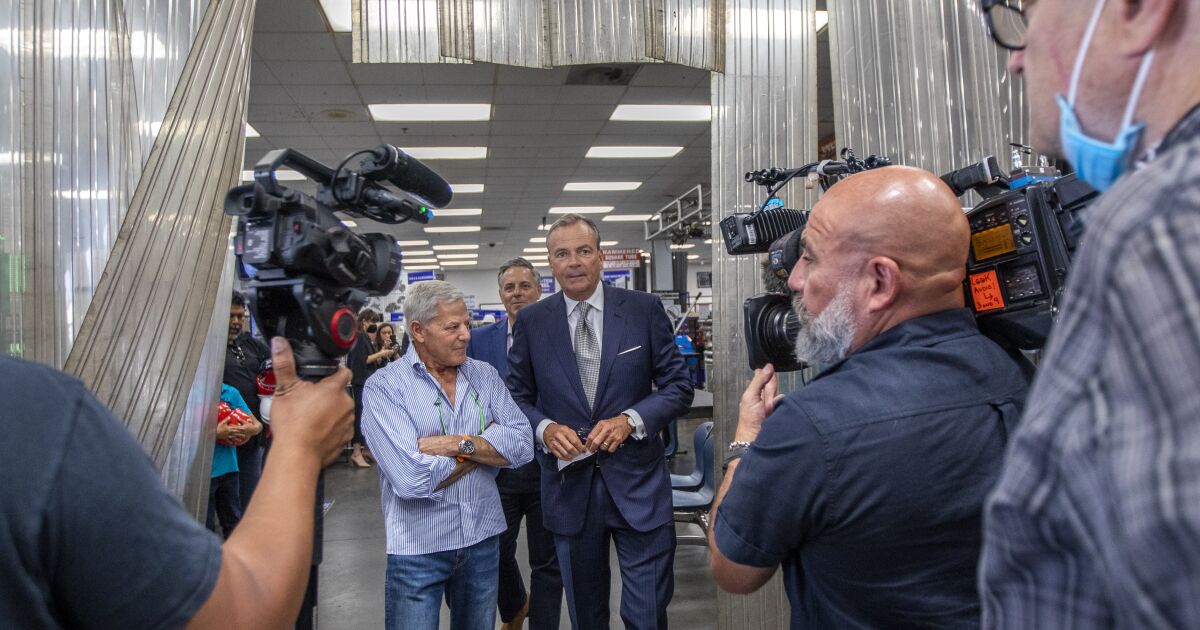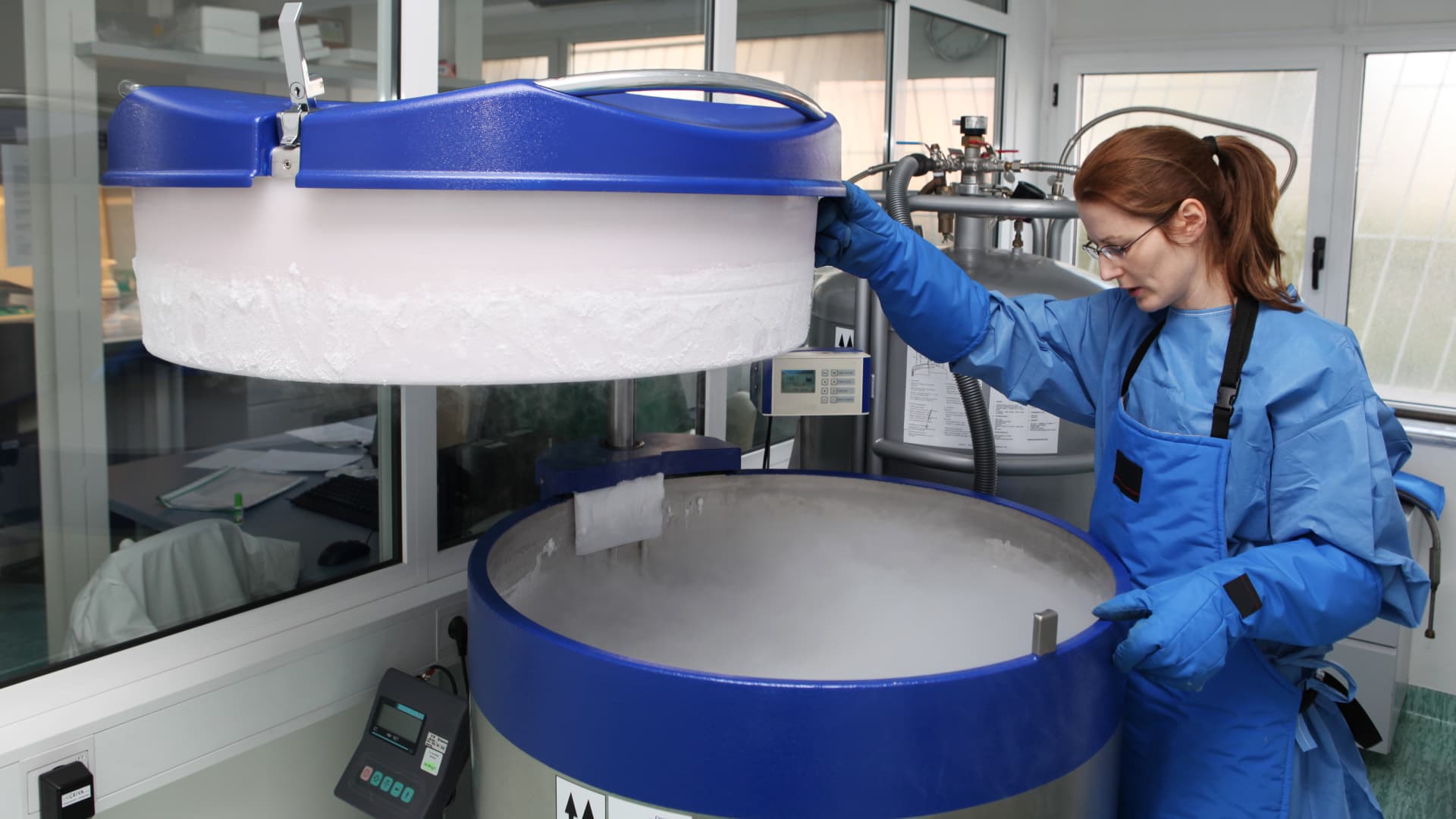© Reuters.
By David Shepardson
WASHINGTON (Reuters) -A group of seven U.S. senators on Tuesday proposed legislation to raise the mandatory commercial pilot retirement age to 67 from 65, in a bid to address airline industry staffing issues.
The legislation first proposed last year by Senator Lindsey Graham and other Republicans now includes Democrats Joe Manchin and Mark Kelly, a former Navy pilot and astronaut.
The proposal, which would require pilots over age 65 to pass a rigorous medical screening every six months, follows complaints of pilot shortages by many regional airlines.
It comes as Congress is considering various aviation reforms ahead of the Federal Aviation Administration’s (FAA) Sept. 30 expiration of operating authority.
Graham said roughly 5,000 pilots will be forced to retire within the next two years. He noted hundreds of flights are being canceled due to a shortage of available pilots and crews.
The Regional Airline Association (RAA) praised the proposal, saying 324 airports have lost, on average, a third of their air service, including 14 small airports that have lost all service, and more than 400 airplanes are parked because of a lack of pilots.
RAA President Faye Malarkey Black in an email said raising the retirement age is “the one solution that will immediately mitigate the pilot shortage, particularly the captain shortage, which is an even more acute constraint within a constraint.”
She added that it also would reduce “wrongheaded age discrimination against healthy pilots.”
The Air Line Pilots Association (ALPA) opposes proposals to increase the retirement age. Even if the proposal is approved, the union said pilots older than 65 would still not be able to fly in most countries outside the United States because of international rules.
Graham previously noted that in 2007 the United States raised the mandatory retirement age from 60 to 65, and “the sky did not fall.”
Transportation Secretary Pete Buttigieg has previously said he does not support raising the pilot retirement age.
Some have urged the lowering of the number of hours experience needed to be a co-pilot.
The FAA denied a request last year by regional carrier Republic Airways for allowing only 750 hours of flight experience instead of 1,500 hours.
















